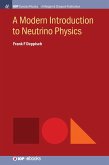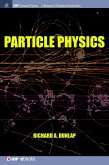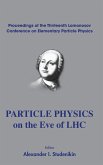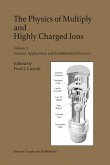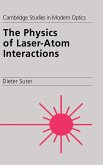A standard view of elementary particles and forces is that they determine everything else in the rest of physics, the whole of chemistry, biology, geology, physiology and perhaps even human behavior. This reductive view of physics is popular among some physicists. Yet, there are other physicists who argue this is an oversimplified and that the relationship of elementary particle physics to these other domains is one of emergence. Several objections have been raised from physics against proposals for emergence (e.g., that genuinely emergent phenomena would violate the standard model of elementary particle physics, or that genuine emergence would disrupt the lawlike order physics has revealed). Many of these objections rightly call into question typical conceptions of emergence found in the philosophy literature. This book explores whether physics points to a reductive or an emergent structure of the world and proposes a physics-motivated conception of emergence that leaves behind many of the problematic intuitions shaping the philosophical conceptions. Examining several detailed case studies reveal that the structure of physics and the practice of physics research are both more interesting than is captured in this reduction/emergence debate. The results point to stability conditions playing a crucial though underappreciated role in the physics of emergence. This contextual emergence has thought-provoking consequences for physics and beyond, and will be of interest to physics students, researchers, as well as those interested in physics.
Hinweis: Dieser Artikel kann nur an eine deutsche Lieferadresse ausgeliefert werden.
Hinweis: Dieser Artikel kann nur an eine deutsche Lieferadresse ausgeliefert werden.



